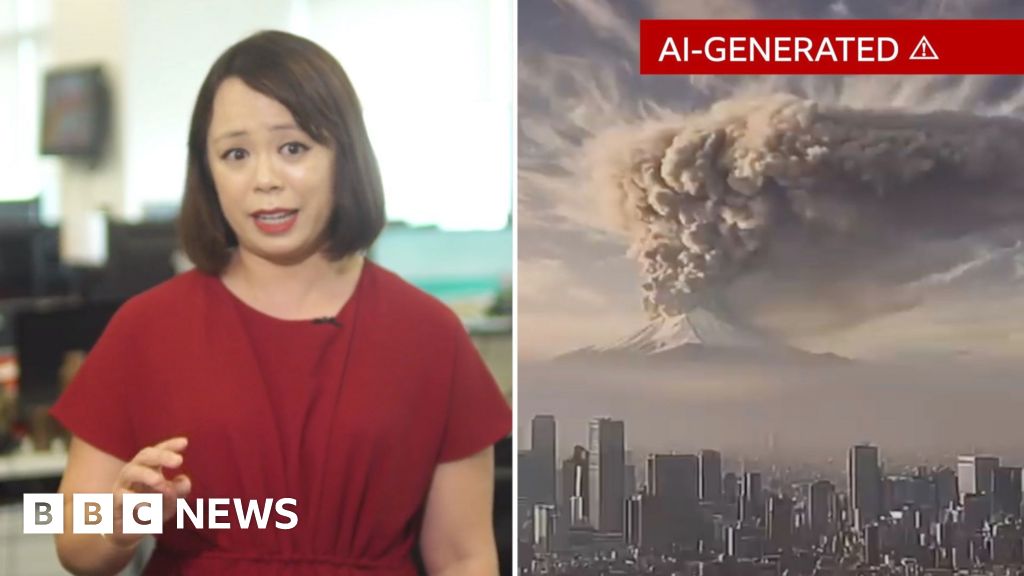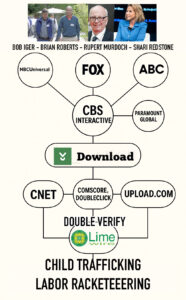In a significant move, England’s High Court has issued a stern warning to lawyers on the perils of using artificial intelligence (A.I.) to generate fabricated legal materials. The advisory follows alarming incidents where legal arguments were bolstered by fictitious quotes and rulings produced by A.I. tools.
Victoria Sharp, the president of the King’s Bench Division, alongside Judge Jeremy Johnson, expressed concerns that current guidelines have failed to adequately manage A.I. misuse in the legal arena, signifying an urgent need for improved oversight. During their ruling, they highlighted two recent cases that illustrated the problem.
In the first case, a claimant and his legal representative acknowledged that A.I. had produced “inaccurate and fictitious” content related to their legal battle with two banks, which was subsequently dismissed. The second example involved a lawyer unable to clarify the origins of numerous non-existent cases referenced during her client's lawsuit against a local council, leading the court to take action.
Judge Sharp utilized rare judicial powers to underline the court's obligation to uphold its procedures and the ethical responsibilities of lawyers. She articulated that the misuse of artificial intelligence could severely undermine the integrity of the justice system and the public’s faith in it. Consequently, she warned that legal professionals found to be using fabricated A.I.-generated materials could face criminal prosecution or be disbarred from practicing law entirely.
Victoria Sharp, the president of the King’s Bench Division, alongside Judge Jeremy Johnson, expressed concerns that current guidelines have failed to adequately manage A.I. misuse in the legal arena, signifying an urgent need for improved oversight. During their ruling, they highlighted two recent cases that illustrated the problem.
In the first case, a claimant and his legal representative acknowledged that A.I. had produced “inaccurate and fictitious” content related to their legal battle with two banks, which was subsequently dismissed. The second example involved a lawyer unable to clarify the origins of numerous non-existent cases referenced during her client's lawsuit against a local council, leading the court to take action.
Judge Sharp utilized rare judicial powers to underline the court's obligation to uphold its procedures and the ethical responsibilities of lawyers. She articulated that the misuse of artificial intelligence could severely undermine the integrity of the justice system and the public’s faith in it. Consequently, she warned that legal professionals found to be using fabricated A.I.-generated materials could face criminal prosecution or be disbarred from practicing law entirely.






















